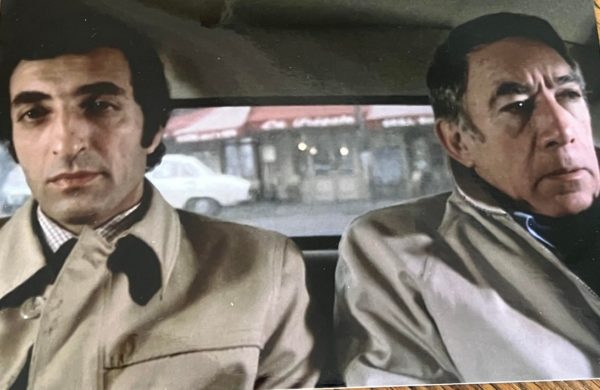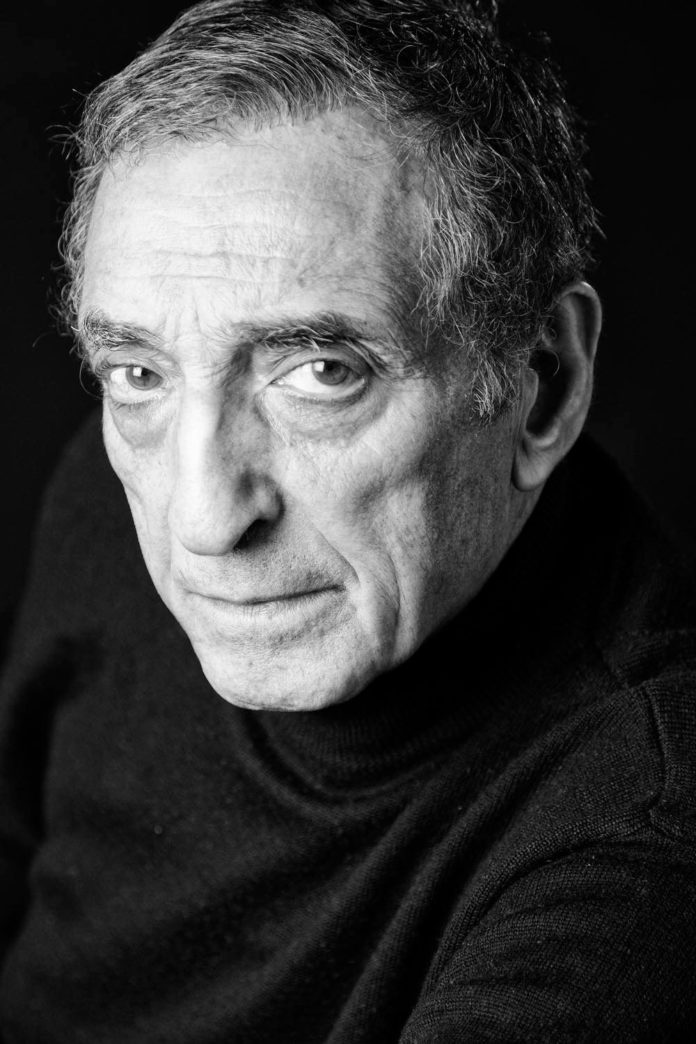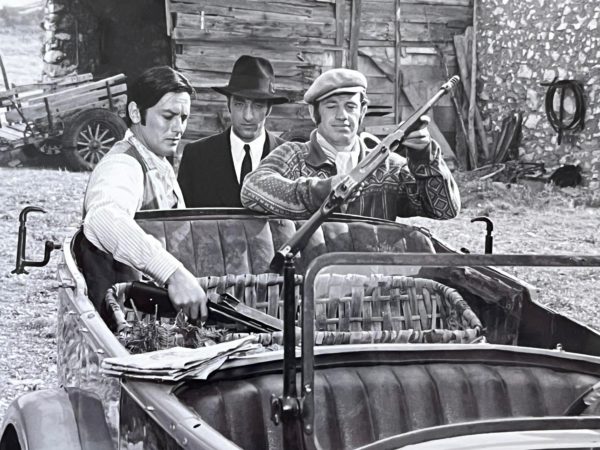YEREVAN/PARIS — Pierre Koulak (Koulaksezian) is a French TV and cinema actor, director and author. He was born in 1942 in Saint-Chamond, Loire. Very early on, his talent was noticed. He studied at the Saint-Étienne Dramatic Center (Jean Dasté), where he first acted. Later Koulak performed in sketches with Fernand Raynaud at the Théâtre de l’Étoile and Alhambra. Thus a friendship started and Raynaud considered Pierre Koulak his best friend, so in this capacity, the latter was the author of a biography of the actor, published in 2011. His gestures and especially his ability to improvise brought him to the attention of French film and TV producers, where he starred in “Horace 62,” “Action Man,” “Pasha,” “Thibaud,” “Borsalino,” “Borsalino and Co.,” “Adventures of Rabbi Jacob,” “The Marseille Contract,” “Arsène Lupin,” “Jean-Christophe,” and many others.
This interview was conducted through Pierre Koulak’s nephew, Ruben Koulaksezian, whom I thank immensely for his willingness and cooperation. By the way, Ruben is the author of an English book – Little Armenias: The Travel Guide of the Armenian Diaspora, that Mirror-Spectator has written about on September 17, 2020 (Alin K. Gregorian, Little Armenias: It’s a Small World After All, https://mirrorspectator.com/2020/09/17/little-armenias-its-a-small-world-after-all/).

Dear Mr. Koulak, many thanks for your agreement to give an interview to the Armenian press. What do you consider your most remarkable work?
There are many, but I would say that my role as Marcel the “Korean” in Georges Lautner’s “Pasha” with Jean Gabin, released in 1968, is probably the most striking one. Indeed, I had my name on the poster of the film, splashed all over France, alongside the great actors of the time. “Action Man” released in 1967, with Jean Gabin and Robert Stack, as well as “Borsalino” with Alain Delon and Jean-Paul Belmondo from 1970, are also just unforgettable.
You have worked with many legendary actors. Is there anyone whom you can single out?
I played with the greatest, Jean Gabin, Jean-Paul Belmondo, Robert Stack, Louis de Funès, Anthony Quinn, Johnny Halliday, but I would say that it was Alain Delon who stood out the most. He had an absolutely grand talent, and as he said himself, he did not “play” his characters, he “lived” them.











